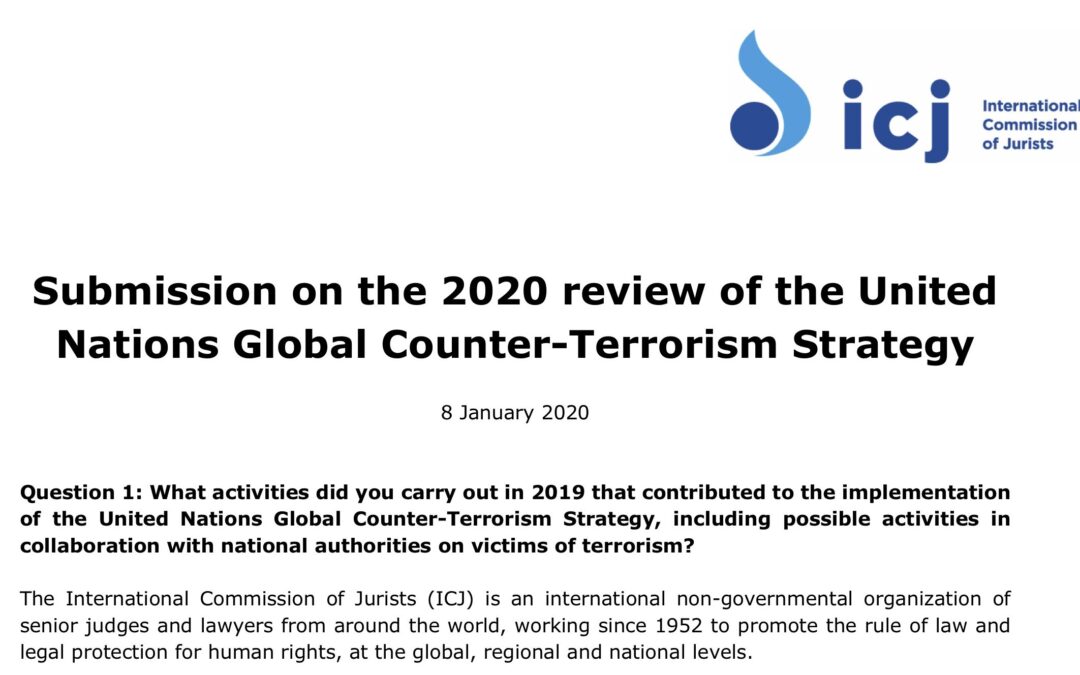
Jan 16, 2020 | Advocacy, Non-legal submissions
The ICJ has submitted information and recommendations for the upcoming review of the UN Global Counter-Terrorism Strategy, emphasising the need to strengthen the role of human rights in the framework and implementation of the strategy.
The submission was prepared in response to a call for civil society input, from the UN Office of Counter-Terrorism (UNOCT).
It summarizes recent ICJ activities relevant to implementation of the strategy, and urges among other things:
- removal of impediments to civil society participation in certain UN or other global policy-making processes;
- recognition that not only is violation of human rights in the context of countering terrorism, whether through arbitrary application or deliberate abuse, in itself unlawful and unacceptable, it also undermines the credibility and effectiveness of the struggle against terrorism;
- better recognition and implementation of the human rights of victims of terrorism;
- mainstreaming of human rights throughout the text and implementation measures for the Strategy as a whole;
- establishment of an independent human rights oversight entity within the UN counter-terrorism architecture;
- creation of a Civil Society Unit within UNOCT;
- increased resources for the UN Special Rapporteur on the promotion and protection of human rights and fundamental freedoms while countering terrorism;
- increased engagement of the UN counter-terrorism architecture with OHCHR and with other UN Special Procedures;
- benchmarks and indicators for assessing States’ compliance with human rights obligations in implementation of the GCTS.
The complete submission can be downloaded in PDF format here: UN-Advocacy-GCTStrategy-2019
For more information contact un(a)icj.org
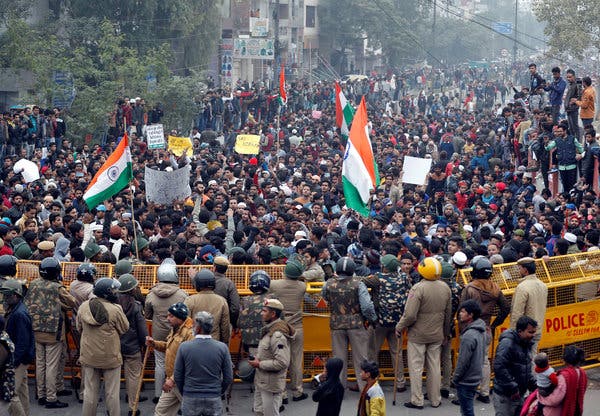
Jan 15, 2020 | News
The Indian government must investigate the use of excessive and unlawful force by Uttar Pradesh police against demonstrators protesting the imposition of a discriminatory new law, the International Commission of Jurists said today in a briefing paper.
The briefing paper, based in part on firsthand interviews with witnesses and victims, documents the unnecessary, excessive and indiscriminate use of force in the state of Uttar Pradesh that have led to more than 19 deaths and several more critical injuries since 11 December 2019 as a result of use of firearms as well as teargas, water cannons, and baton charging by the police in response the ongoing protests against the Citizenship (Amendment) Act, 2020.
Section 144 of the Code of Criminal Procedure, which restricts right to assembly of more than 4 persons, has been imposed in Uttar Pradesh since December 19, 2019, thereby effectively preventing people from protesting. However, protests broke out in several cities in Uttar Pradesh despite the ban. While police authorities claim that the protestors initiated the violence, firsthand interviews with victims and witnesses and numerous other credible reports indicate that the police used force on peaceful protestors including lathis, teargas, bullets.
“The high death toll of peaceful protestors in Uttar Pradesh highlights the use of excessive force by the police, in contravention of international standards of policing and human rights. The state and federal governments must investigate any death or injury that occurs during protests by law enforcement officials and to ensure access to justice to victims and their families,” Sam Zarifi, ICJ Secretary General said.
Individuals reported that they had not been able to get their medico-legal certificates and victims’ families reported inability to access postmortem reports.
The right to life and freedom from ill treatment is protected under international law including the International Covenant on Civil and Political Rights to which India is a party and requires that when arbitrary deprivation of life occurs, there is accountability and reparation for victims.
The Allahabad High Court is hearing Shree Ajay Kumar v. State of Uttar Pradesh starting 16 January 2020, wherein it has taken suo moto cognizance of a letter sent by Ajay Kumar a lawyer in Bombay and has treated it as a basis for the commencement of a public interest litigation. The letter alleges that “the situation in the State of Uttar Pradesh is antithetical to core constitutional values and warrants interference of this Court.”
“A ruling that the Uttar Pradesh police violated protestors right to life by use of firearms and indiscriminate use of batons, teargas will serve as an important reminder to the police and the Indian State to respect the rights to life, freedom from ill-treatment and freedom of assembly and expression of protestors and that the use of such force against peaceful protestors will not be condoned by the State” said Sam Zarifi.
To download the full statement with additional background information, click here.
Contact
Sam Zarifi, ICJ Secretary General , e: sam.zarifi(a)icj.org
Maitreyi Gupta, International Legal Adviser for India, t: +91 7756028369 ; e: maitreyi.gupta(a)icj.org
Read also
ICJ Press Release: India: Discriminatory citizenship law passed by Parliament violates international and constitutional law, December 11, 2019
ICJ Press Release: India: Authorities must cease the excessive use of force and ill-treatment of Citizenship (Amendment) Act 2019 protestors, December 16, 2019
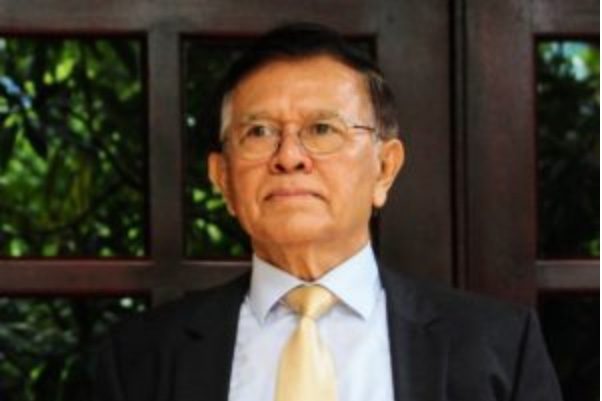
Jan 15, 2020 | News
Today, following the commencement of the trial of political opposition leader Kem Sokha, the ICJ condemned his continuing legal harassment and called on the Government of Cambodia to drop the ill-founded and apparently politically-motivated charges of treason against him.
“The trial hearing today marks and extends more than two years of legal harassment of one of Cambodia’s most prominent leaders of the political opposition,” said Frederick Rawski, ICJ’s Asia Pacific Director.
“The charges against Kem Sokha are wholly unsubstantiated – They should be dropped, and the trial discontinued in the accordance with his right to fair trial.”
In September 2017, Kem Sokha, leader of the now-defunct main opposition Cambodia National Rescue Party (CNRP), was arrested without warrant by more than 100 police officers in a midnight raid on his home. His arrest, in violation of his parliamentary immunity, was reportedly made on the basis that he had allegedly committed a crime in flagrante delicto – the Prosecution Office of Phnom Penh Municipal Court argued that he had been caught “red-handed” in an act of treason despite the fact that the alleged act was a speech he had made four years earlier in Australia in 2013. In the speech, Sokha had alluded to receiving foreign assistance in advocating for democratic change in Cambodia.
Kem Sokha was thereafter charged with alleged “conspiracy with a foreign power” under article 443 of the Criminal Code, and detained in the remote Trapaing Thlong prison in Tboung Khmum Province near the Vietnamese border. His applications for bail were rejected multiple times before he was released from prison after one year in pre-trial detention. During this period, Sokha was also denied access to independent doctors and medical treatment, despite his suffering from serious medical conditions. In 2017, the courts in Phnom Penh ruled that his pre-trial detention was legal under Cambodian law and refused him bail, even though Sokha had been barred from attending the proceedings, which his lawyers also boycotted in protest.
Kem Sokha’s arrest occurred in the midst of an intense crackdown on political opposition, civil society and independent media in the lead-up to the 2018 general elections. Two months after his arrest, Cambodia’s Supreme Court dissolved the CNRP and banned 118 CNRP officials from political activities for five years. In July 2018, the ruling Cambodian People’s Party won the elections by a landslide.
Following the elections, the Cambodian government has continued to systematically repress and persecute perceived critics of the regime through abuse of legal and judicial processes. In 2019, Cambodian authorities brought apparently politically-motivated charges against more than 100 members of the political opposition, more than half of whom were detained.
“There is an ongoing human rights and rule of law crisis in Cambodia, which needs to be urgently addressed,” said Rawski.
“The dissolution of the CNRP and imprisonment of its leader were crucial indicators that the Cambodian government had crossed a red-line a long time ago.”
The ICJ has called on the Cambodian authorities to fulfill the State’s obligations to protect people’s rights guaranteed under international law, including the rights to free expression, political participation and freedom of association, as well as the right to a fair trial and freedom from arbitrary detention.
To download the full statement with additional background information, click here.
Contact
Frederick Rawski, ICJ Asia and Pacific Regional Director, e: frederick.rawski(a)icj.org
See also
ICJ, ‘Cambodia: Charges against Kem Sokha must be dropped and respect for fundamental freedoms restored’, 14 November 2019
ICJ, ‘Misuse of law will do long-term damage to Cambodia’, 26 July 2018
ICJ, ‘Cambodia: the ICJ condemns dissolution of main opposition party’, 16 November 2017
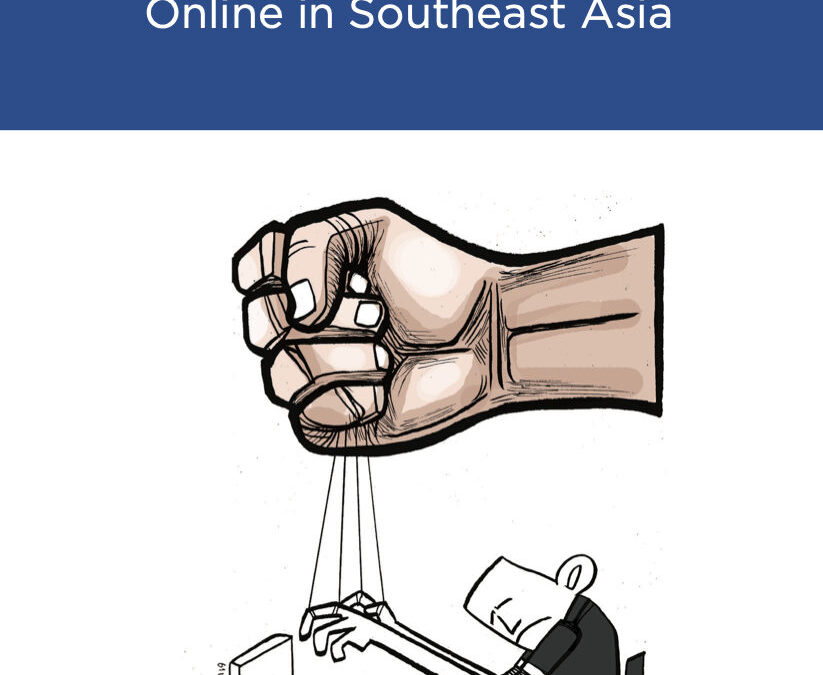
Dec 27, 2019 | Advocacy
In December 2019, the ICJ launched its report Dictating the Internet: Curtailing Free Expression, Opinion and Information Online in Southeast Asia. The report looked at selected legal frameworks and case studies across ten countries in the region
The Myanmar section maps out a general pattern of abuse of legal frameworks by the government to restrict and control content online to the detriment of individuals’ rights to freedom of expression, opinion and information.
Download
Full report in Burmese.
The chapter on Myanmar in English and Burmese.
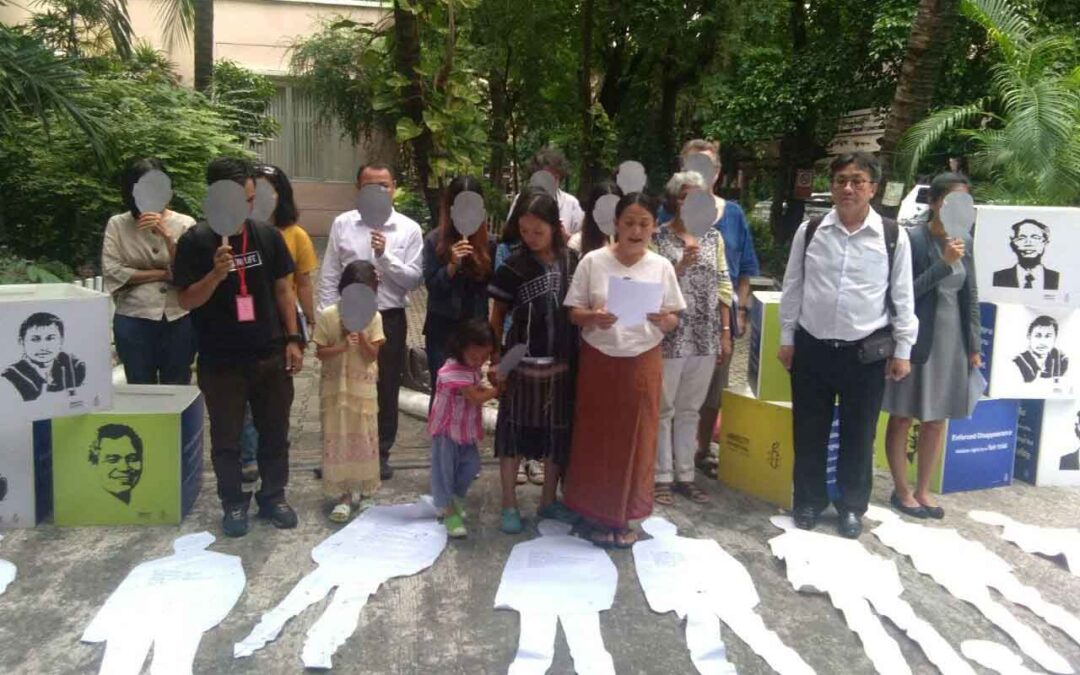
Dec 20, 2019 | News
On 20 December 2019, the ICJ submitted recommendations to the Ministry of Justice on the Draft Prevention and Suppression of Torture and Enforced Disappearances Act (“Draft Act”), scheduled for public consultation between 4 and 31 December 2019.
The ICJ also expressed concern at the recurrent delays in the amendment and enactment of this important legislation which will be critical for ensuring accountability and justice for future victims of torture and enforced disappearance.
In October, the Ministry of Justice withdrew the draft Act from the Cabinet “for further revision”, an act which has served to further delaye the passage of essential legislation criminalizing torture and enforced disappearances.
The ICJ also regretted that the latest Draft Act, after several rounds of revisions and public hearings, still has not addressed many of the principal shortcomings which the ICJ and other stakeholders and experts have indicated need necessarily be amended in order to bring the law into line with Thailand’s international human rights obligations, particularly under the Convention against Torture and Other Cruel, Inhuman or Degrading Treatment or Punishment (“UNCAT”) and the International Covenant on Civil and Political Rights (“ICCPR”).
As it stands, it is also inconsistent with the International Convention for the Protection of All Persons from Enforced Disappearance (“ICPPED”), which Thailand has signed and committed itself to ratify.
The key concerns include:
- Incomplete definitions of the crimes of torture and enforced disappearance, as well as other key terms discordant with international law;
- The absence of provisions concerning cruel, inhuman and degrading treatment (CIDT/P);
- The inadequacy of provisions on the inadmissibility of statements and other information obtained by torture, CIDT/P and enforced disappearances as evidence in legal proceedings;
- The inadequacy of provisions relating to modes of liability for crimes described in the Draft Act;
- The inadequacy of provisions concerning safeguards against torture, CIDT/P and enforced disappearances; and
- The absence of provisions concerning the continuous nature of the crime of enforced disappearance and statute of limitations for torture and enforced disappearance crimes.
Download the recommendations in English and Thai. (PDF)
Further reading
Thailand: ICJ, Amnesty advise changes to proposed legislation on torture and enforced disappearances
Thailand: ICJ submits recommendations on draft law on torture and enforced disappearance amendments









